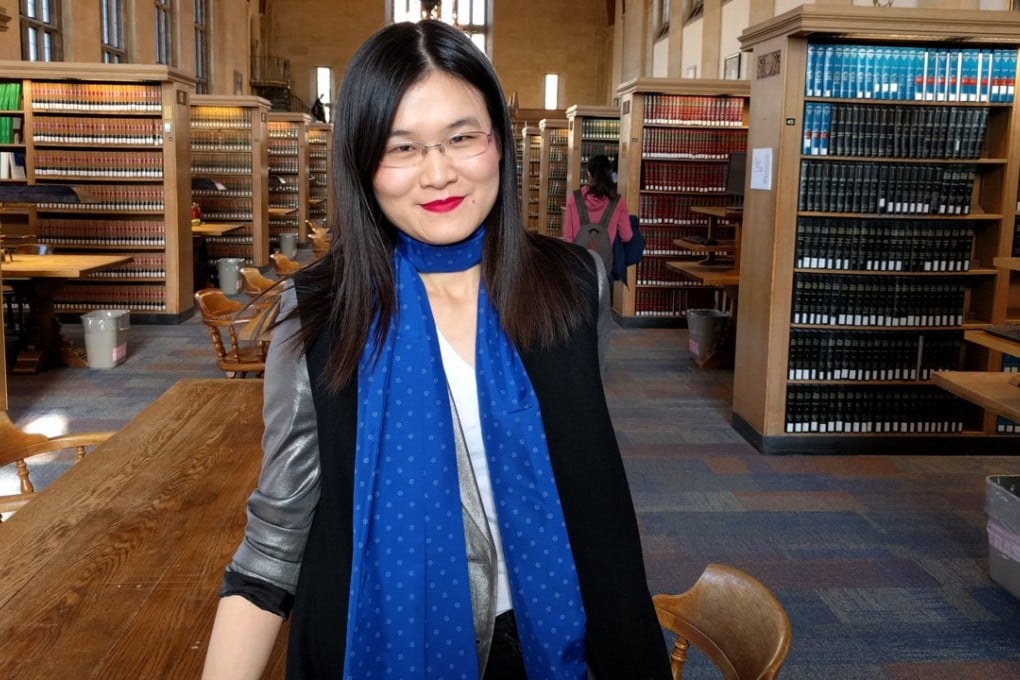How Stephen Hawking’s Chinese disciple is smashing universal barriers in his spirit
Emerging top scientist Yangyang Cheng credits famous physicist Hawking with helping to heal her wounds after she lost her father at age 10

“I am the great-granddaughter of women with bound feet, for whom learning to read was a revolutionary act. I am a particle physicist at an Ivy League institution, working on the most powerful particle accelerator in the world.”
These words conclude a manifesto of sorts written by Yangyang Cheng, whose postdoctoral research is helping to answer some of the most basic questions about life, and earned her recognition recently as being among the world’s “outstanding emerging science and security experts”.
Cheng credits Stephen Hawking, the world-famous physicist who died this week, with helping to heal the wounds she suffered when she lost her father at age 10. She found a translation of Hawking’s bestselling work, A Brief History of Time, on her father’s bookshelf and endeavoured to read it.
The book and Hawking’s status as “one of the foremost physicists ever” helped put Cheng on the path to a career as a postdoctoral research associate at Cornell University’s Cornell Laboratory for Accelerator-based Sciences and Education (CLASSE) and a “distinguished researcher” fellow at Fermi National Accelerator Laboratory’s Large Hadron Collider (LHC) Physics Centre. An LHC is also known as a “supercollider”.
Cornell University’s physics department publicised Cheng’s story to honour the late physicist. While many thousands of mainland Chinese have distinguished themselves in careers in science outside their home country, few have gone as far as Cheng.
Her work at Cornell involves searches for dark matter, a substance thought to be a central component in the universe’s structure.
Because dark matter cannot yet be observed directly, scientists such as Cheng have looked for evidence of the material through collisions of proton beams carried out at the European Organisation for Nuclear Research, also known as CERN.
Genius of our time unlocked secrets of the universe
Cheng, a mainland China native, moved to the US in 2009 to pursue graduate studies, earning her PhD in physics from the University of Chicago in 2015.